Guardians of Flavor and Tradition
What name is given to the culinary artisans in your language? In Swahili, we name them, Wapishi, and we decided to dedicate a whole chapter for them in this Cookbook.
Chapter II invites you into the lives and kitchens of 15 remarkable culinary artisans who embody the spirit of Swahili cuisine. These cooks, more than creators of meals, are storytellers, preserving and evolving their cultural identities through food.
Each cook brings a unique perspective, weaving together threads of tradition, innovation, and love in every dish. Their recipes and techniques reveal the deep ties between food, heritage, and personal identity, transforming simple ingredients into narratives of resilience and cultural pride.
From the subtle flavors of coconut-infused stews to the bold tang of tamarind chutneys, these culinary custodians enrich the Sensory Swahili project with authenticity and depth. Their stories, like their recipes, celebrate the art of cooking as a living testament to the history and diversity of Swahili culture—a vibrant expression of tradition and creativity passed down through generations.
Prepare to be inspired as we uncover the tales of these passionate cooks who connect us to the flavors of our ancestors and the promise of the future.
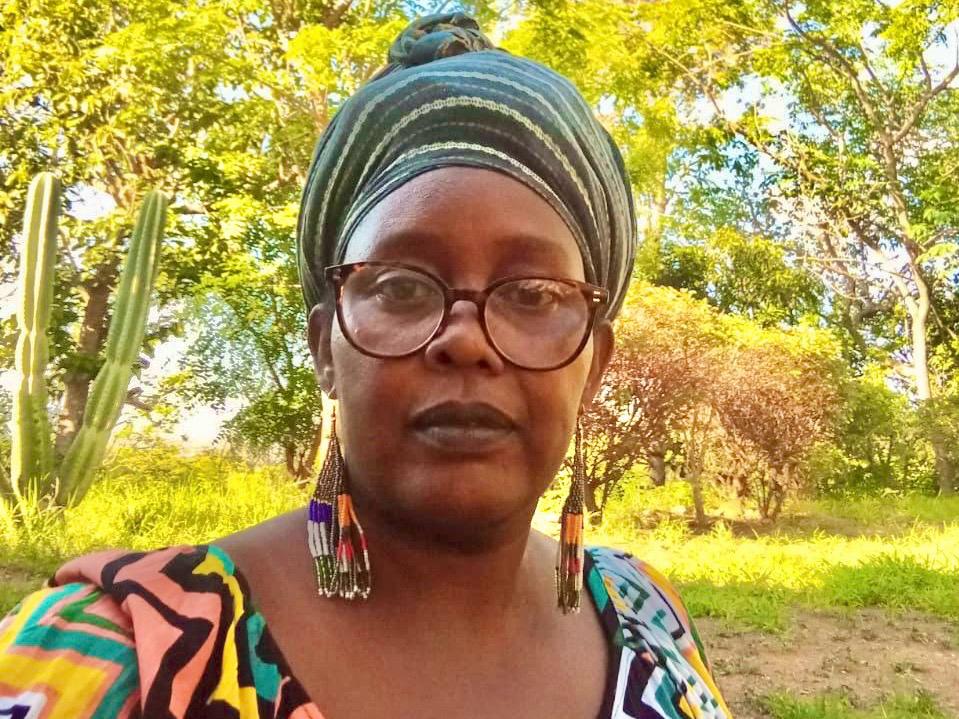
Maya Davie Kitururu
Origin: Mpwapwa, Dodoma
Traditional food: Preserved vegetables, smoked meat, and peanut-based dishes
Maya’s culinary story is intertwined with the semi-arid climate of Dodoma, where resourcefulness shapes traditions. Her tribe is renowned for drying wild vegetables during the rainy season, ensuring a supply during droughts. Among their specialties is mlenda, a slimy vegetable carefully picked, cleaned, and dried to preserve its nutrients. These sun-dried greens are ground into powder or stored whole, ready to enrich meals year-round.
Beyond vegetables, Maya’s community practices the traditional art of smoking meat. Thinly sliced strips are hung over kitchen smoke, intensifying their flavor and extending their shelf life. Maya fondly recalls how this method produced healthier, more sustainable food, contrasting it with modern practices. She believes in the medicinal power of food.
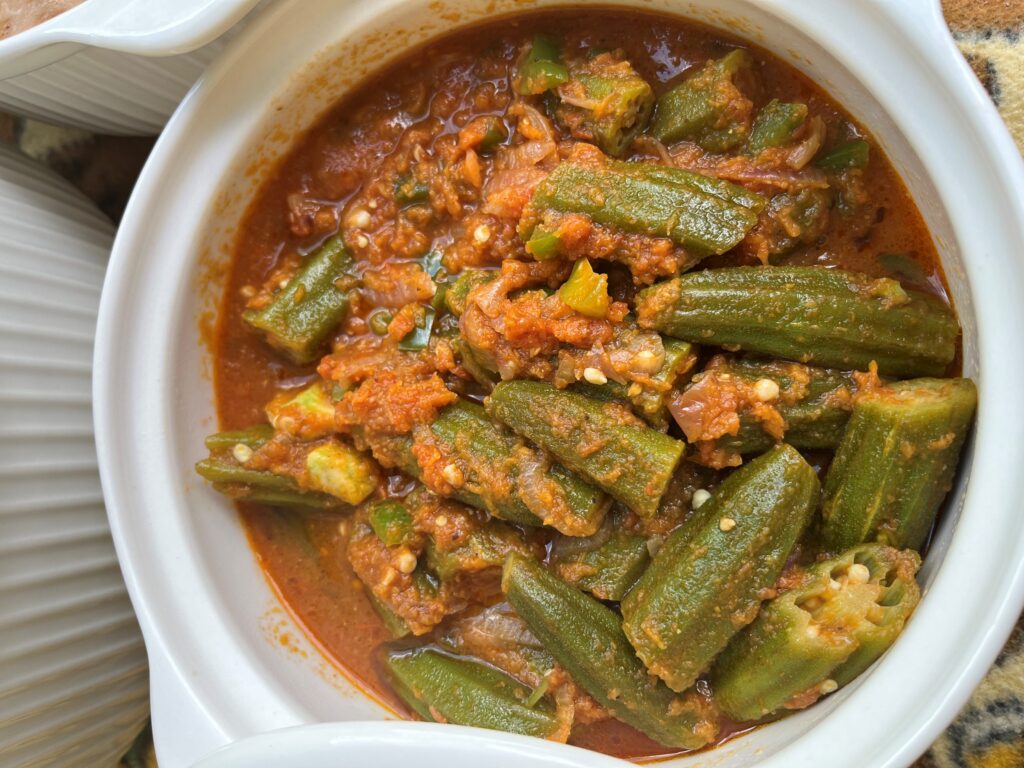
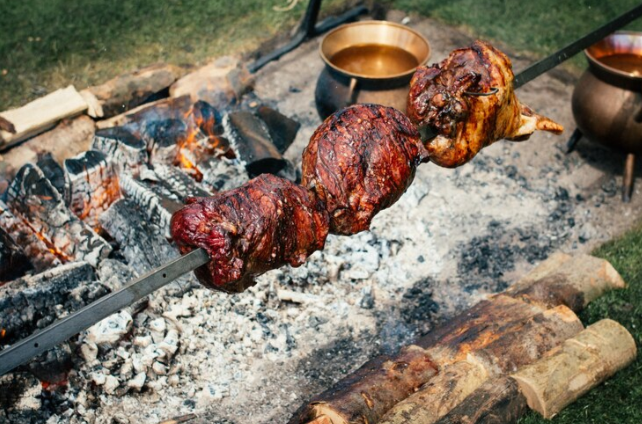
“Our meals were simple, with vegetables dominating our plates, and we lived healthier lives,”
~ she reflects.
Maya’s dishes often feature peanut or sesame butter, emphasizing their wholesome flavors.
To her, cooking is an art of transformation, where even the simplest ingredients tell stories of survival and tradition.

MaryGoreth Mutimagwe Kibogoya
Origin: Kagera
Traditional food: Cooked bananas, millet porridge, and banana-based delicacies
MaryGoreth’s life is steeped in the traditions of the Haya people, where bananas are a cultural cornerstone. From breakfast to dinner, bananas are prepared in myriad ways, symbolizing sustenance and spirituality. A mother of five, she treasures the recipes passed down by her grandmother, such as muramba (banana juice) and lubisi (banana beer).
Her tribe’s culinary practices emphasize minimalism, with boiled or steamed dishes taking precedence.
“Food cooked with banana leaves tastes different, capturing the essence of our ancestors’ methods,”
~ she shares.
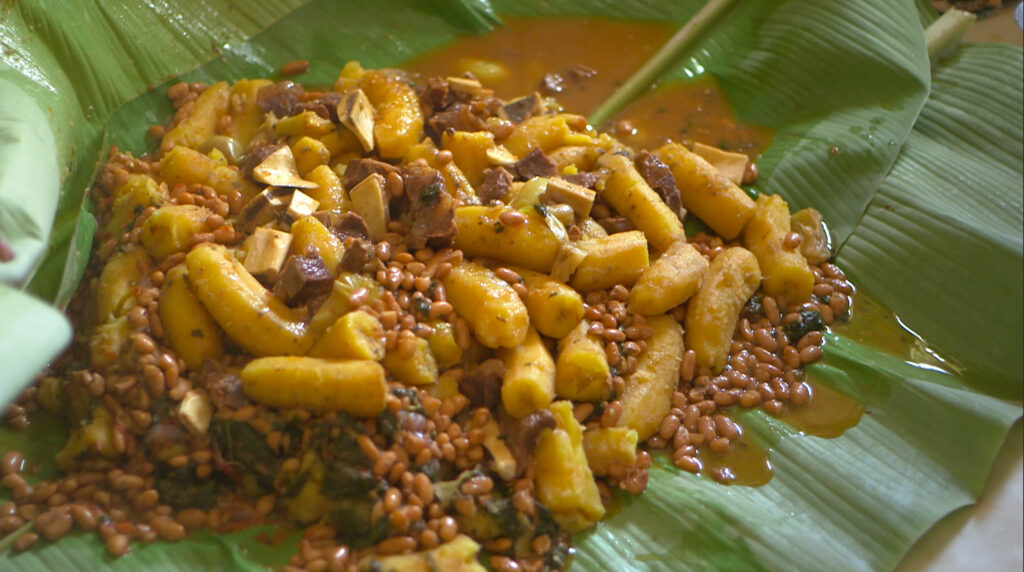
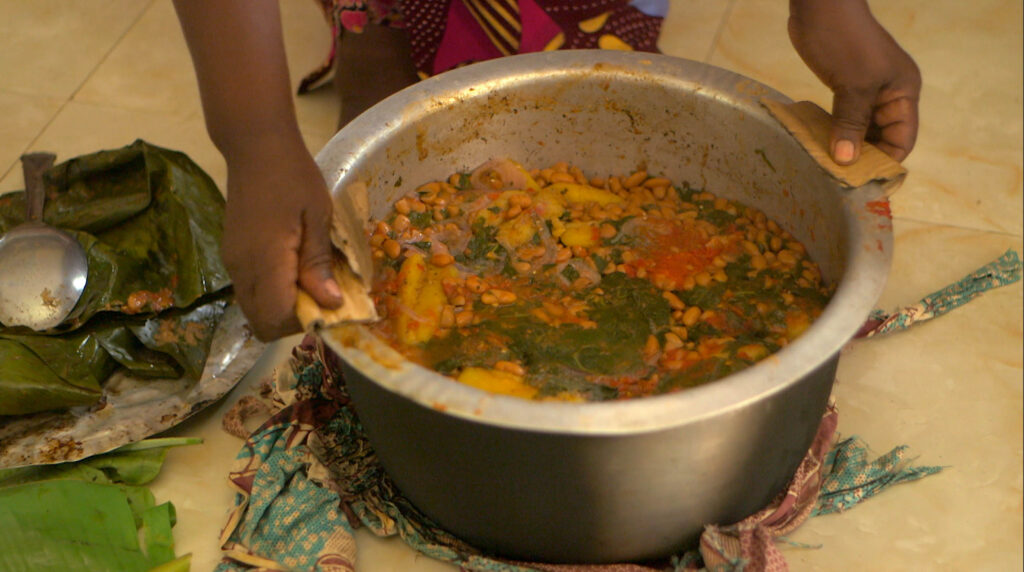
MaryGoreth also recalls how new mothers are nourished with bananas cooked with tender meat, a tradition believed to enhance recovery. She concludes with a step-by-step guide to preparing the Haya’s nutritious cooked bananas with vegetables and meat, celebrating the enduring legacy of her tribe’s culinary heritage. This guide can be found in the cookbook once published.

Victoria Bayo
Origin: Manyara
Traditional food: Boiled pumpkin with maize, ugali with ghee, and curd milk dishes
Victoria traces her roots to the Iraqw people, whose migration through the Rift Valley shaped their distinct culinary traditions. A mother of two, she treasures the flavors of her childhood, especially dishes like boiled pumpkin mixed with maize and milk.
“Pumpkins from Manyara are sweeter than any others,”
~ she declares with pride.
In her family, ugali is prepared with ghee remnants, imparting a unique tangy flavor. Victoria laments the loss of traditional cooking as urbanization and changing lifestyles influence food choices.
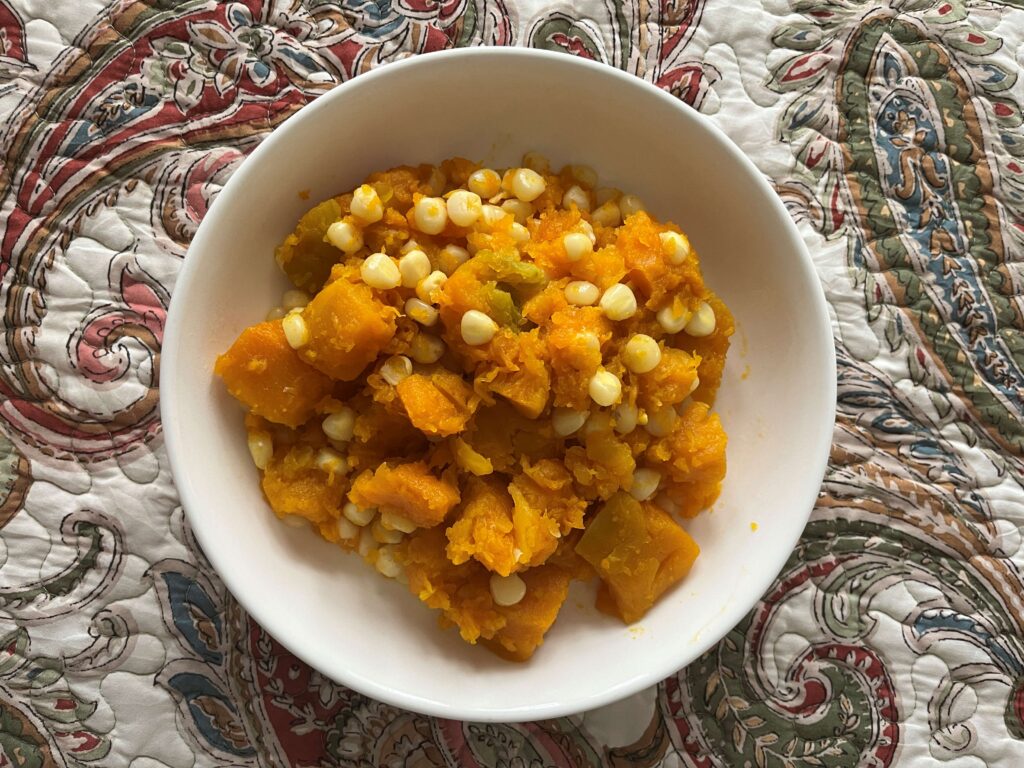
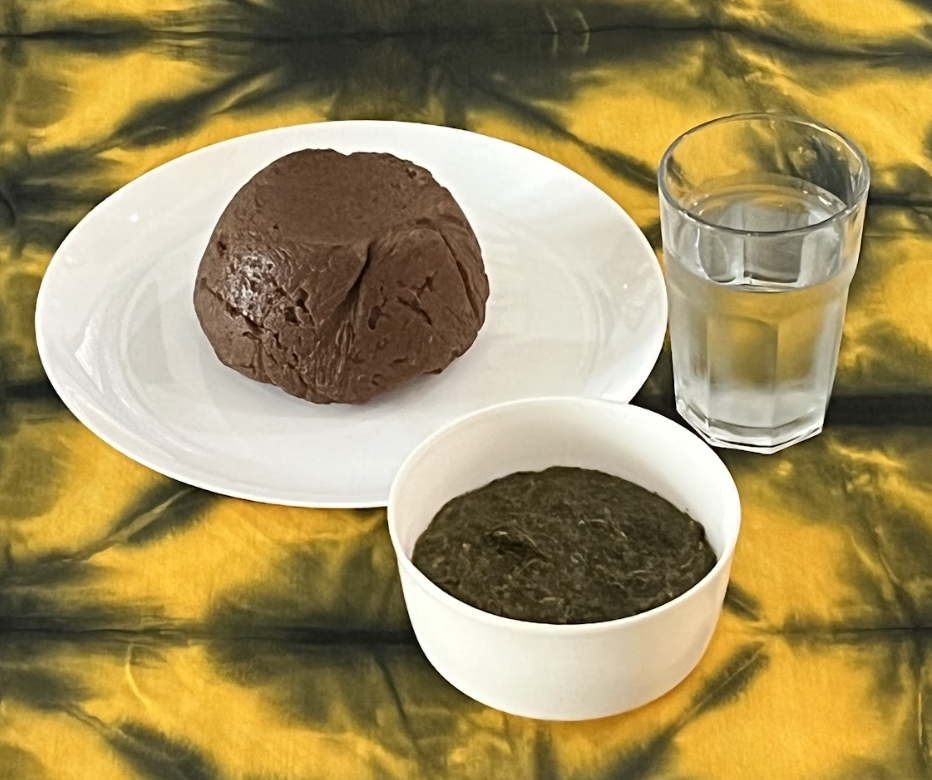
She advocates for preserving local recipes, insisting that traditional foods are a bridge to one’s heritage.
In this chapter, Victoria shares her cherished recipe for preparing boiled pumpkin with maize in the traditional Iraqw style.
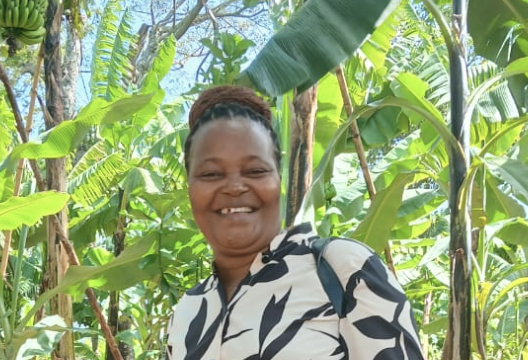
Deborah Kasambula
Origin: Kilimanjaro
Traditional food Banana soup (Mtori), Kitawa, and local banana beer (Mbege)
Deborah, a Chagga woman from the slopes of Kilimanjaro, holds a deep connection to her tribe’s banana-centric cuisine. From mtori—a comforting banana and meat soup—to kitawa, a sweet banana-and-milk dish, her recipes highlight the versatility of bananas.
She recounts how Chagga meals are often cooked with leaves from the banana plant to retain their unique aroma and nutrients.
“Eating together strengthens our bonds and teaches our children respect for food,”
~ Deborah explains.
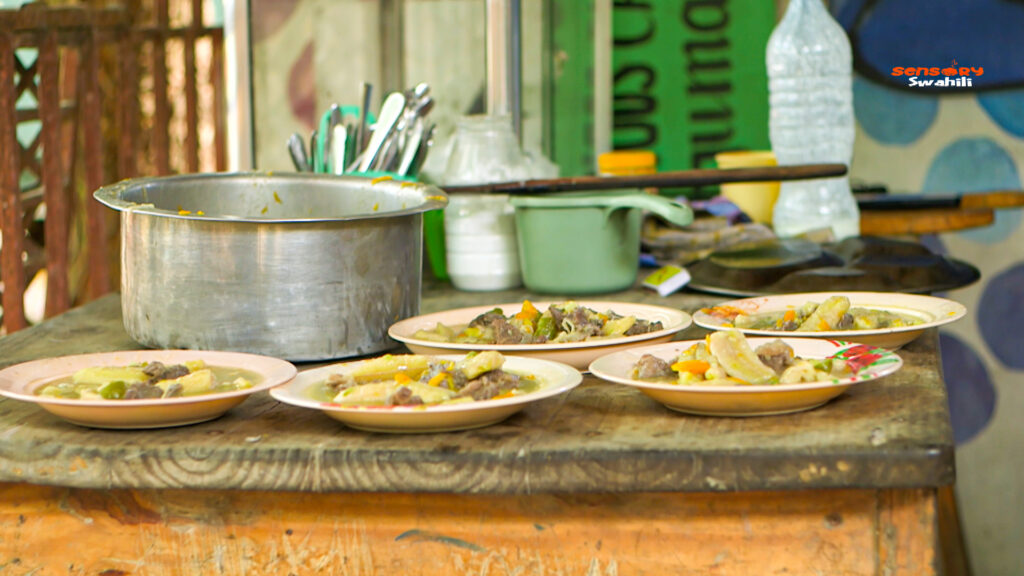
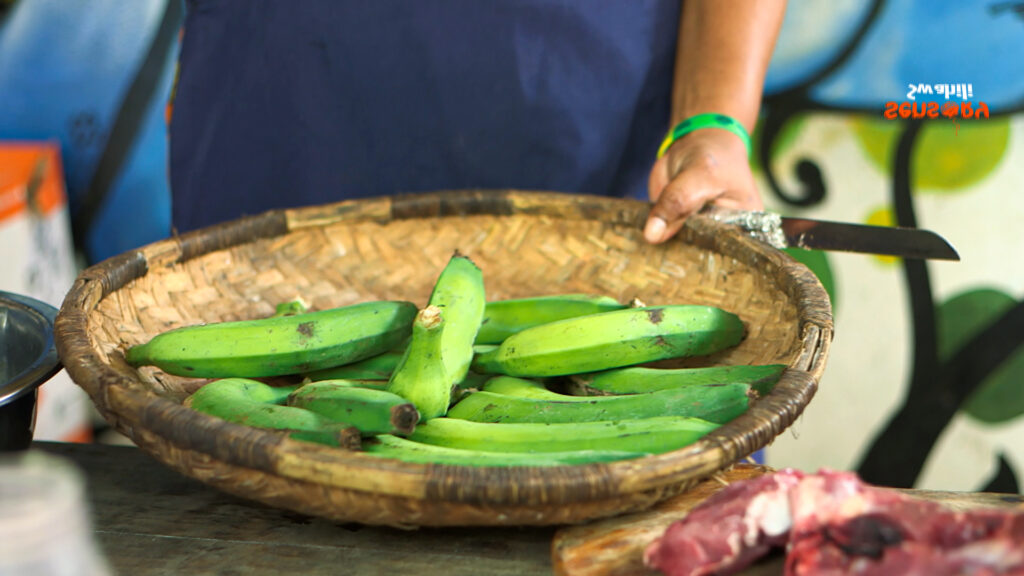
Her chapter contribution includes a detailed recipe for mtori, a dish cherished for its simplicity and nourishing qualities. Deborah’s story reminds us that food is more than sustenance—it’s a way of life, deeply rooted in tradition.
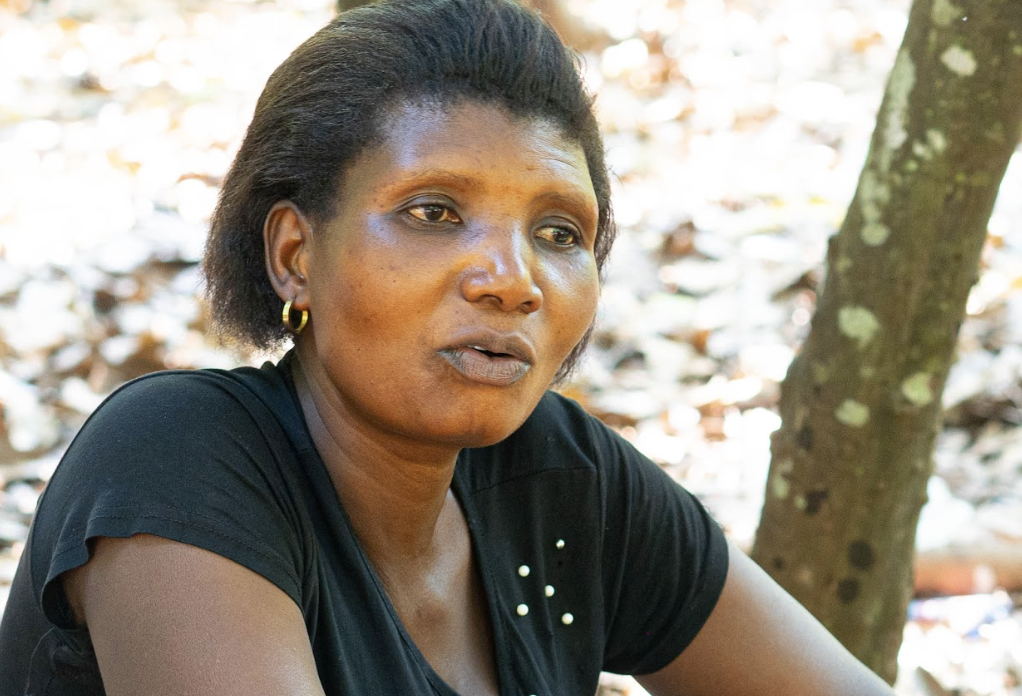
Mama Vumi (Syaki)
Origin: Kyela, Mbeya
Traditional Foods: Cooked banana with meat or fish (Kipome/Mchanyato)
Mama Vumi, a mother of three from Busokelo village in Kyela, has become a beloved figure in her community for her exceptional cooking skills. From an early age, she was drawn to the kitchen, spending countless hours with her grandmother and learning the art of traditional cooking.
For Mama Vumi, cooking is not just a chore—it is a source of joy and creativity, far outweighing her interest in other tasks like laundry or farming. Her favorite dish, Mchanyato, is a hearty mixture of bananas, meat, or smoked fish, cooked with groundnuts. This dish reflects the resourcefulness and respect for food deeply rooted in her village’s traditions.
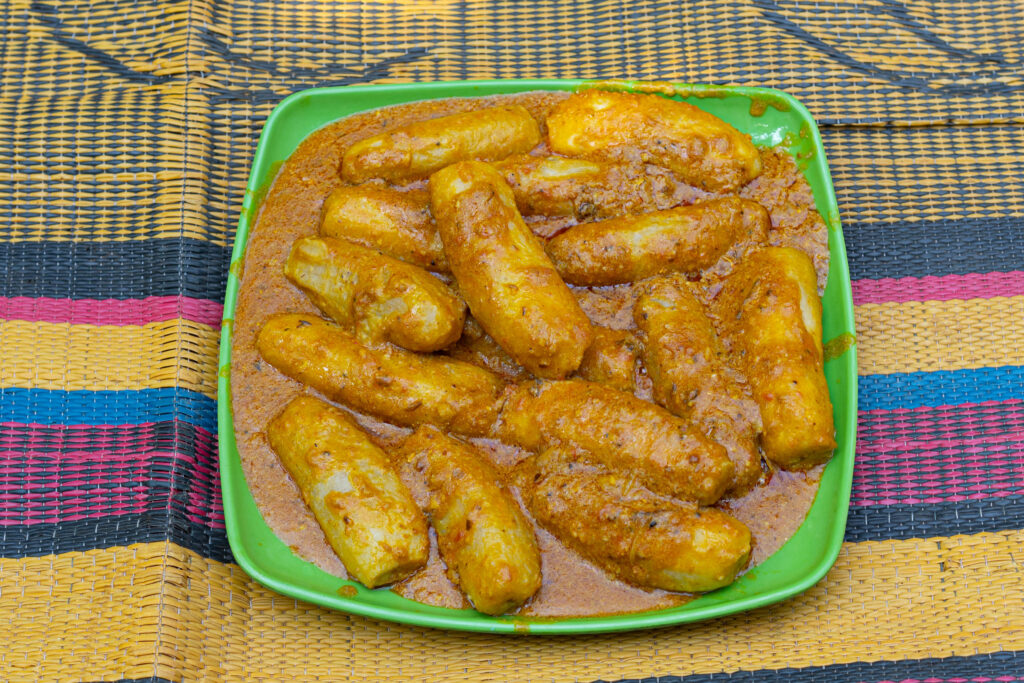
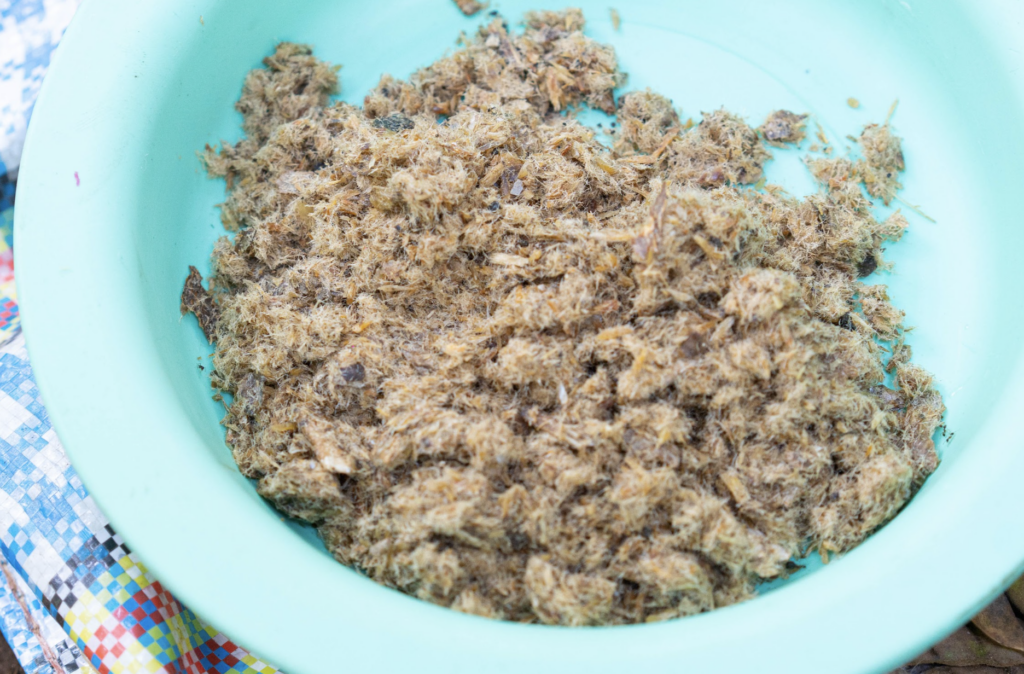
In her community, the process of smoking fish for preservation is an art passed down through generations. Broken pieces of smoked fish, often left at the bottom of granaries, are pounded into powder and used to add depth to dishes like Mchanyato. Mama Vumi’s food tells a story of sustainability and the interdependence of her neighbors: while her family farms, others from nearby Matema specialize in pottery, trading their unique creations for produce. This symbiosis enriches both their diets and their lives.

Mariam Mangu
Origin: Sukuma
Traditional Foods: Dried sweet potatoes, smoked meat, milk, dried vegetables
Mariam Mangu, a devoted mother to her young daughter, carries the culinary traditions of the Sukuma tribe with pride. Though she has embraced coastal cooking techniques from her time living in the region, her roots remain firmly grounded in her heritage.
A hallmark of Sukuma cuisine is Michembe, boiled and pounded dried sweet potatoes, and nyama ya kukausha, smoked meat preserved for long-term use. This preservation method is integral to the Sukuma way of life, especially during celebrations like weddings or important cultural ceremonies.
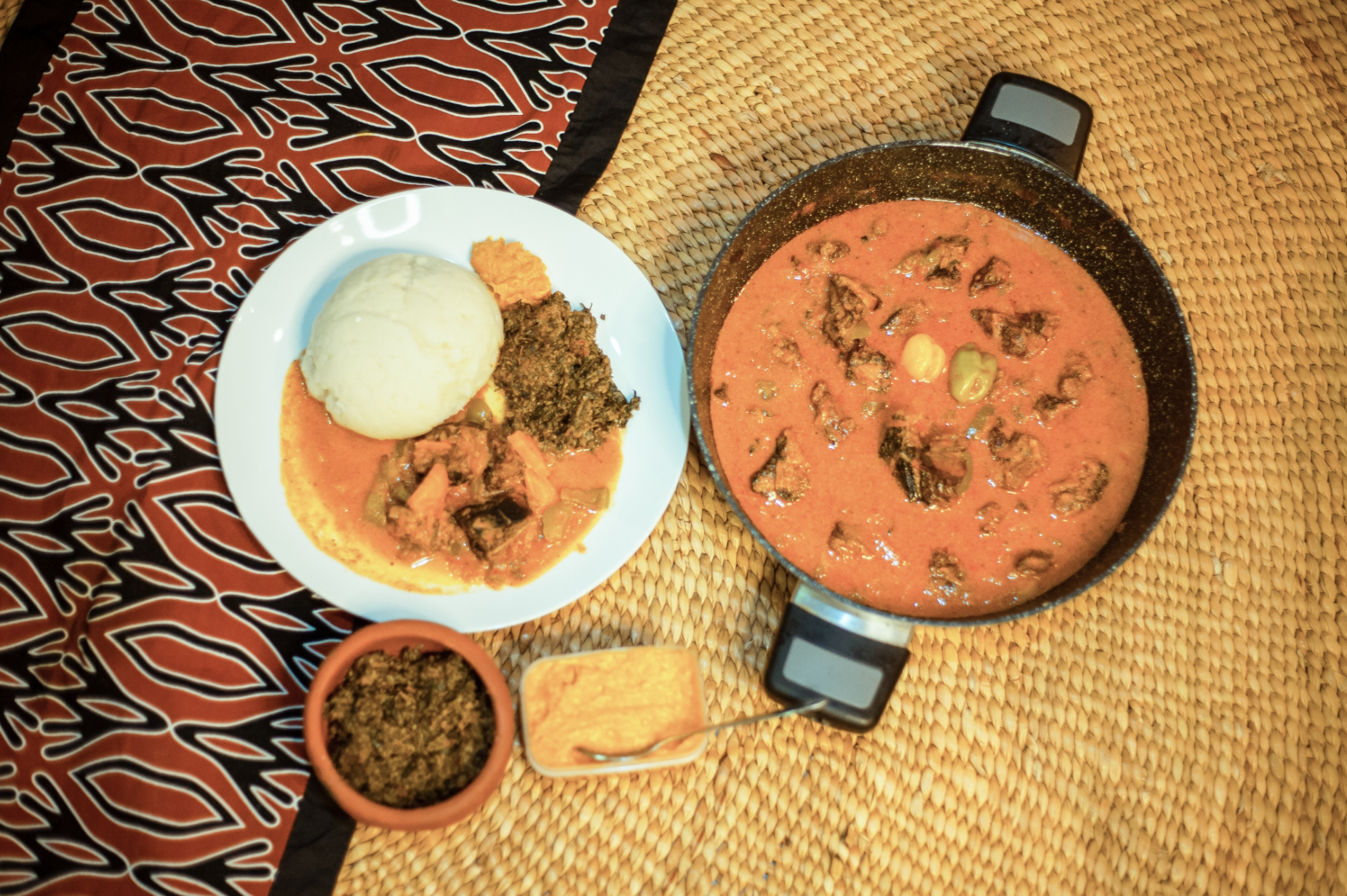
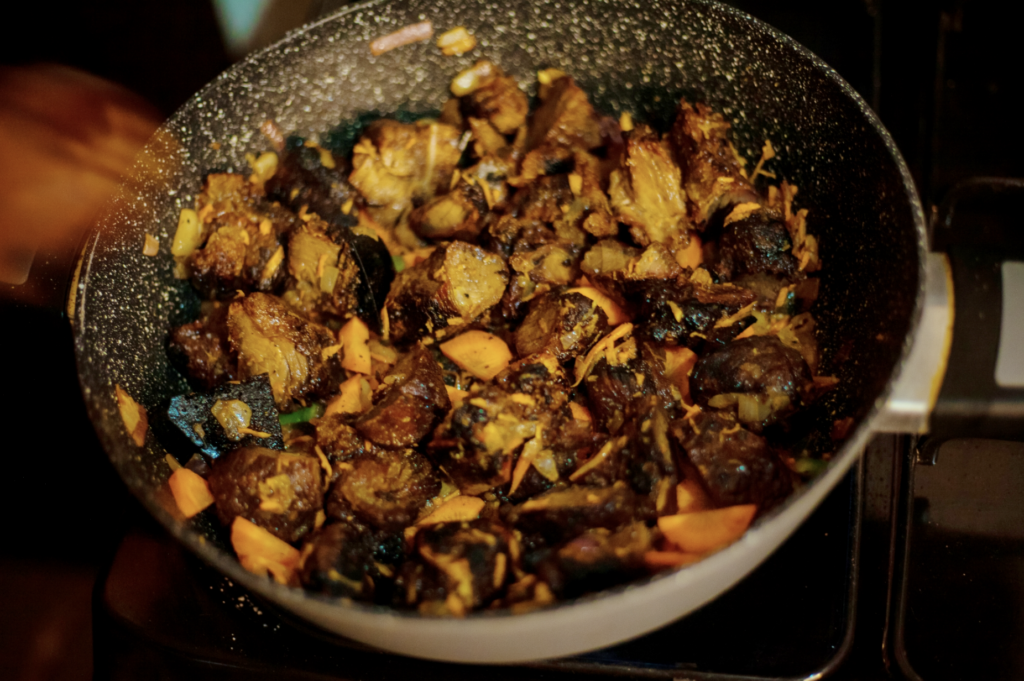
When preparing smoked meat, Mariam carefully washes it in lukewarm water to remove dirt and sand before cooking it in a rich groundnut sauce. Her recipes exemplify the Sukuma ethos of preserving and honoring resources while celebrating life’s milestones.

Zaituni Lembe Kazombe
Origin: Yao-Tunduma
Traditional Foods: Boiled cassava with cashew nut powder and watermelon seed powder
Zaituni, a mother of two, embodies the fusion of cultures in her cooking. With a mother from Tanga and a father from southern Tanzania, her dishes reflect this rich blend of culinary traditions. Married into the Sukuma tribe, she has further expanded her repertoire to include their unique recipes.
Zaituni fondly recalls her childhood, when her grandmother prepared boiled cassava dipped in roasted cashew nut or watermelon seed powder. These powders, made by grinding roasted seeds, transform simple ingredients into nutrient-packed meals rich in starch, fat, and protein.
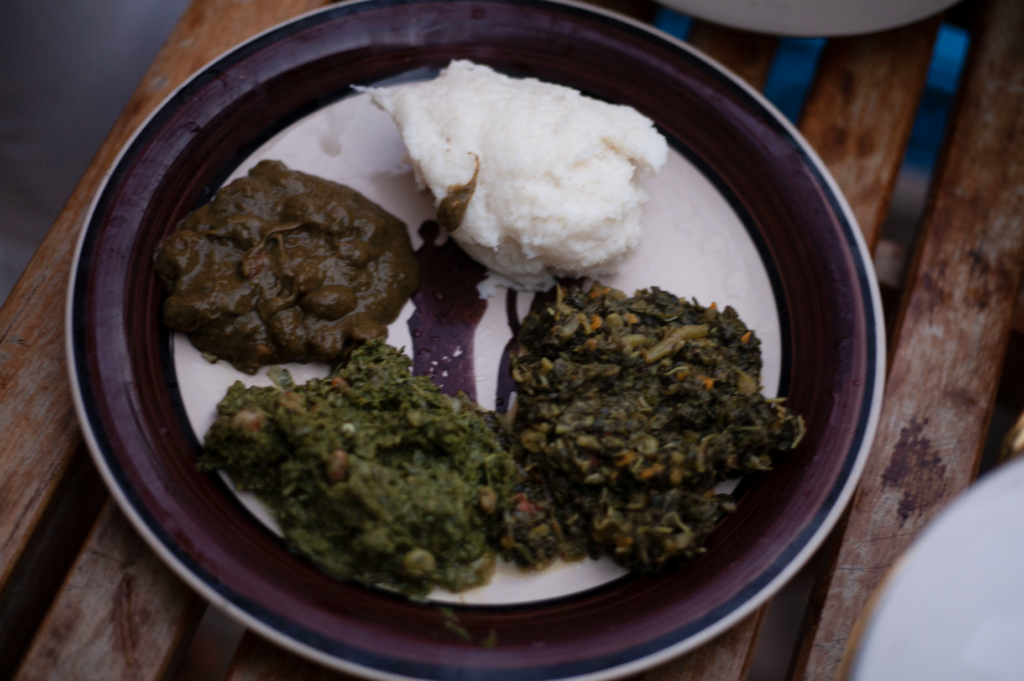
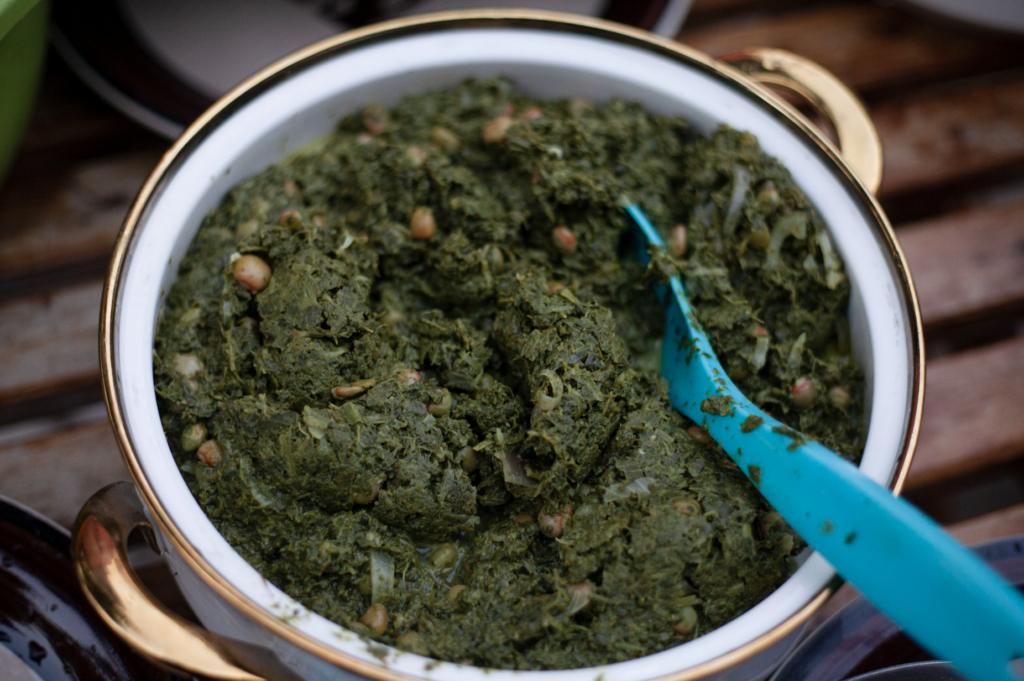
Her coastal roots shine in her use of fresh grated coconut, which she values for its superior flavor and fat content compared to processed alternatives. Zaituni highlights how traditional tools like the Kibao cha mbuzi (coconut grater) have given way to modern conveniences, yet the soul of the recipe remains unchanged. Her cassava leaves cooked with coconut cream and cowpeas are a testament to her culinary heritage.
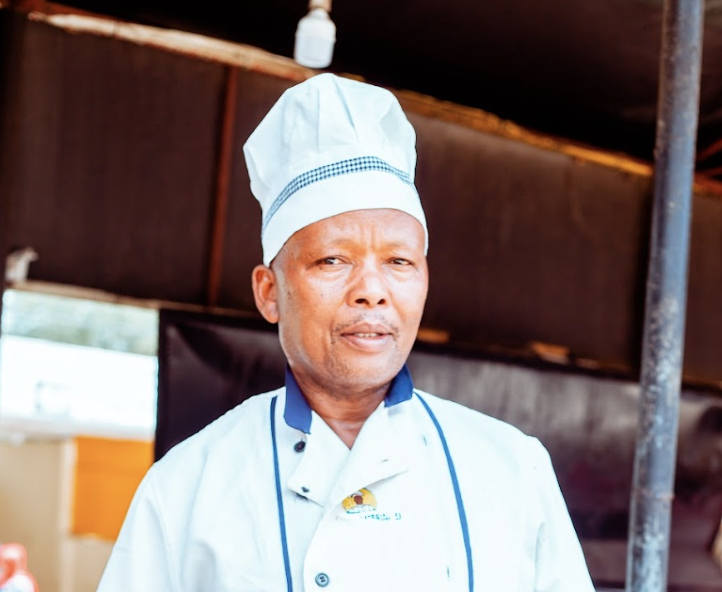
Expery Rogati Shayo (Mbuzi Online)
Origin: Moshi, Kilimanjaro
Traditional Foods: Goat soup with blood (Kisusio), goat tallow (Ngurunyi)
Expery Rogati Shayo, hailing from the highlands of Kilimanjaro, has turned his passion for goat meat into both a livelihood and a cultural celebration. At Mbuzi Online, a popular local eatery, he showcases the intricate art of preparing goat meat, honoring every part of the animal with purpose and respect.
In Chagga culture, goat is a ceremonial dish, with specific cuts assigned to different groups. From Salala, ribs and legs ideal for roasting, to Msio, a nourishing mixture of goat meat, fat, and fresh blood for new mothers, the preparation is steeped in tradition.
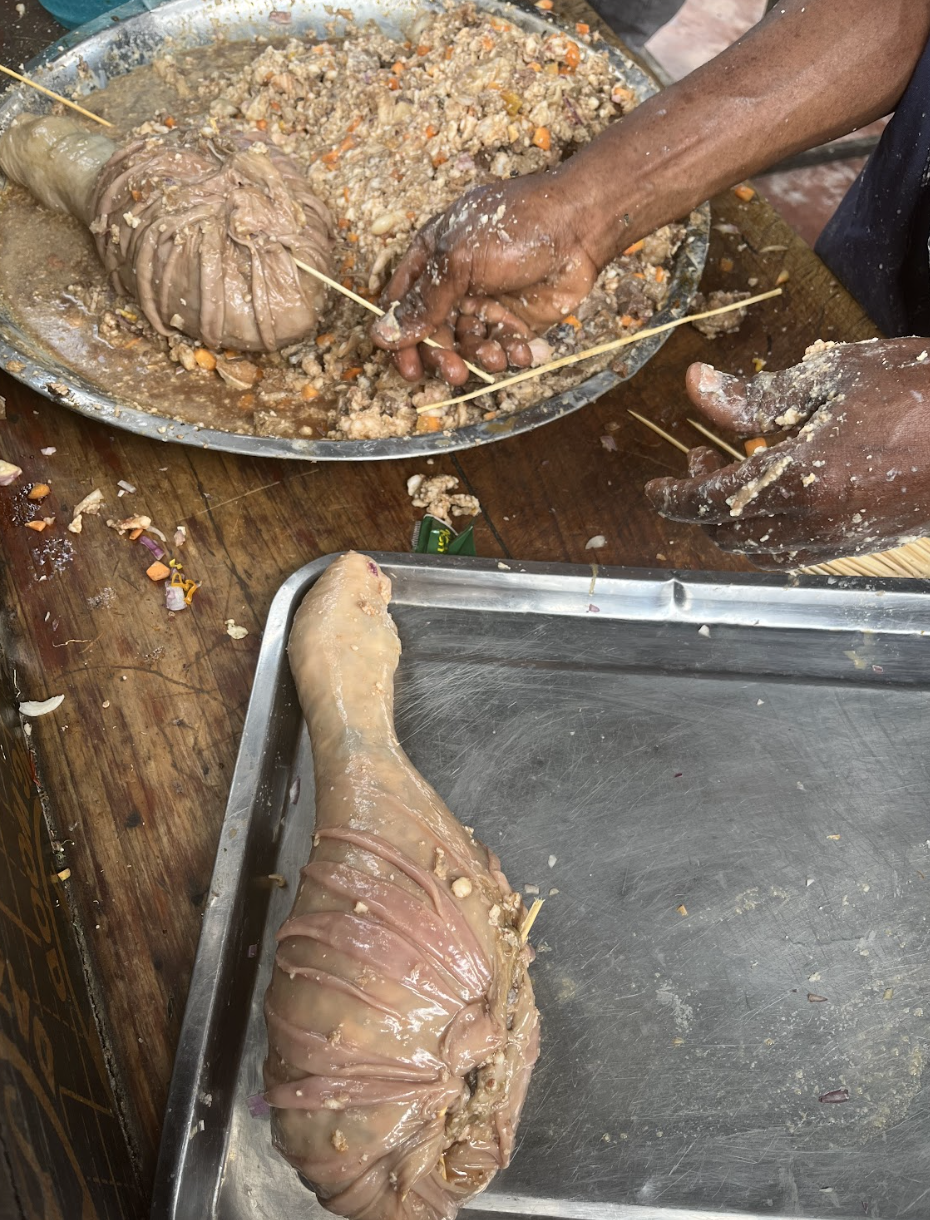
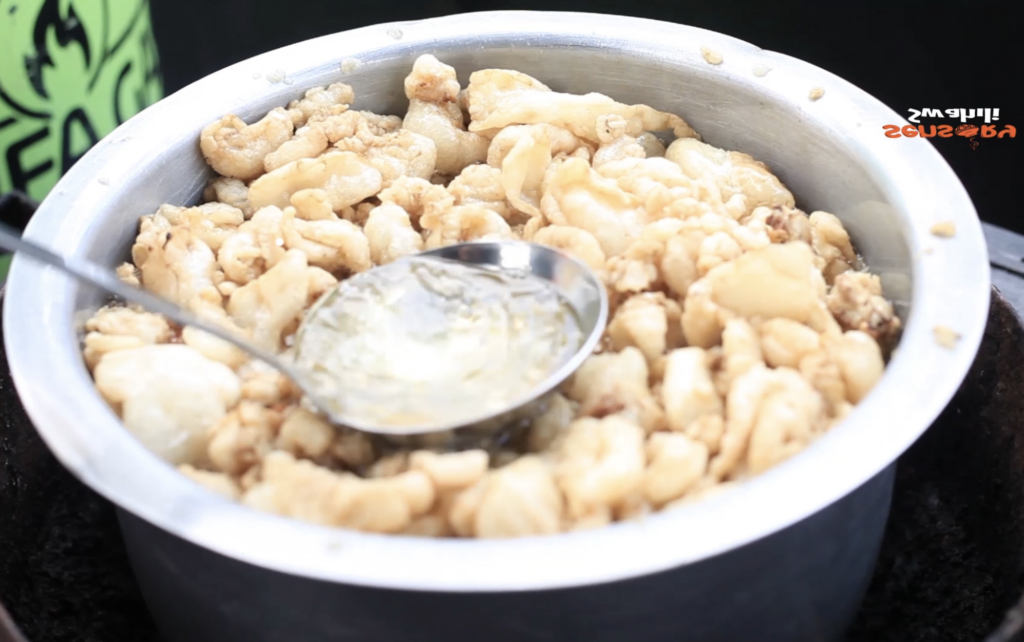
Expery also makes Ngurunyi, a tallow derived from boiling fatty tissues. This versatile cooking fat, along with crispy fried meat bits called Ngayangaya, captures the essence of resourcefulness in Chagga cuisine. Through his work, Shayo keeps these traditions alive for a new generation of diners.
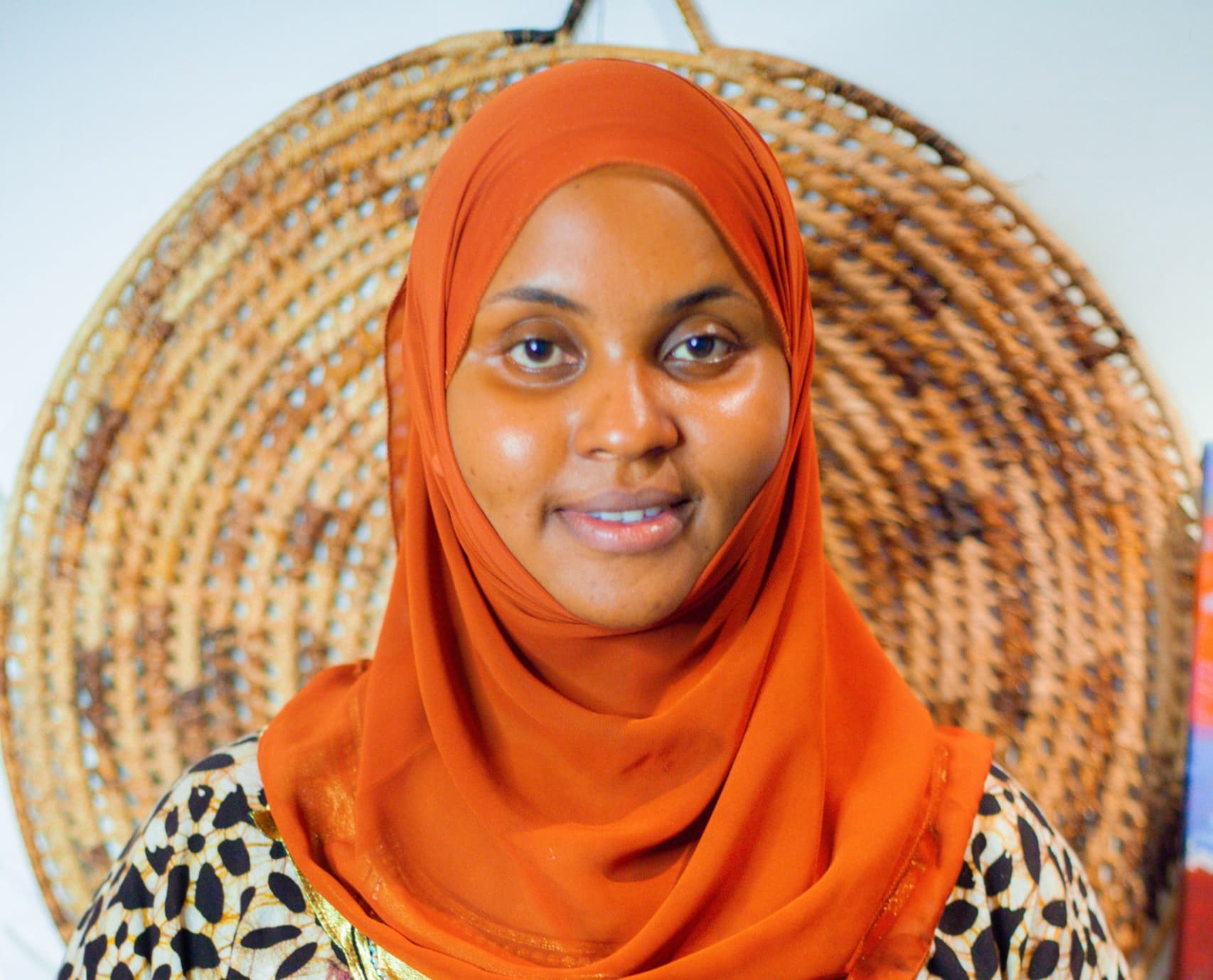
Khadra Hassan
Origin: Singida
Traditional Foods: Wild vegetables, mushroom stew, ugali
Khadra Hassan, a businesswoman and mother from Singida, finds joy in crafting healthy, flavorful meals for her family. Her culinary journey began with simple recipes taught by her mother, but her confidence shines in dishes like mushroom stew—a local favorite during the rainy season.
In her community, mushrooms are a cherished resource, providing a protein-rich alternative to meat.
However, identifying edible mushrooms requires skill, a knowledge Khadra has mastered. Her stew reflects the harmony between nature and sustenance in village life.
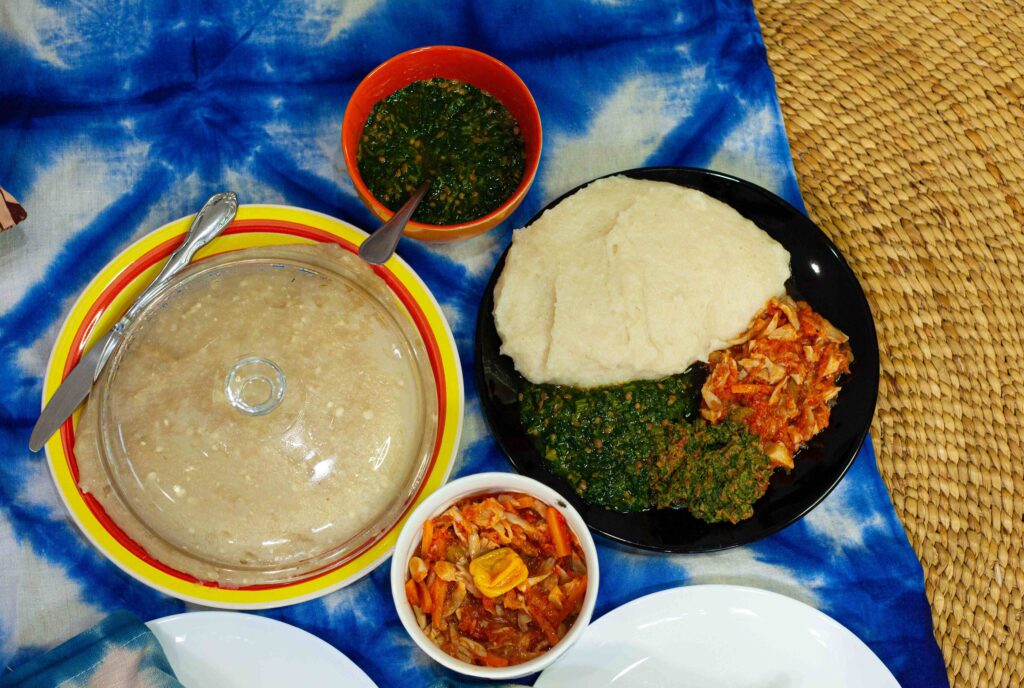

Beyond cooking, Khadra blends her entrepreneurial spirit with her passion for spices, preparing and selling her own masala blends for tea and pilau. Her attention to detail ensures the perfect balance of flavors in every meal, honoring the spice trade’s role in Tanzania’s culinary history.
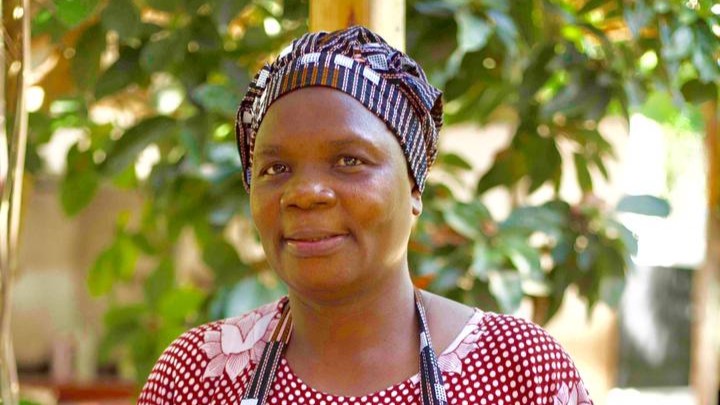
Msonge Organic Farm – Chef Nachum Makame Yahya
Origin: Zanzibar
Traditional foods: Coconut fish stew, fried breadfruit, chutney, radu, and sweet dumplings
Chef Nachum embodies the authentic spirit of Zanzibar’s cuisine. At Msonge Organic Farm, she specializes in traditional dishes made from farm-fresh, unprocessed ingredients.
Her signature creations, like mseto wa choroko (mung beans and coconut rice) and vipopoo (sweet dumplings), captivate visitors with their unique taste.
Nachum values cooking with bare hands, believing it enhances the texture and readiness of the food. She is a master of blending herbs and spices, crafting marinades that enrich her dishes with depth and tradition.
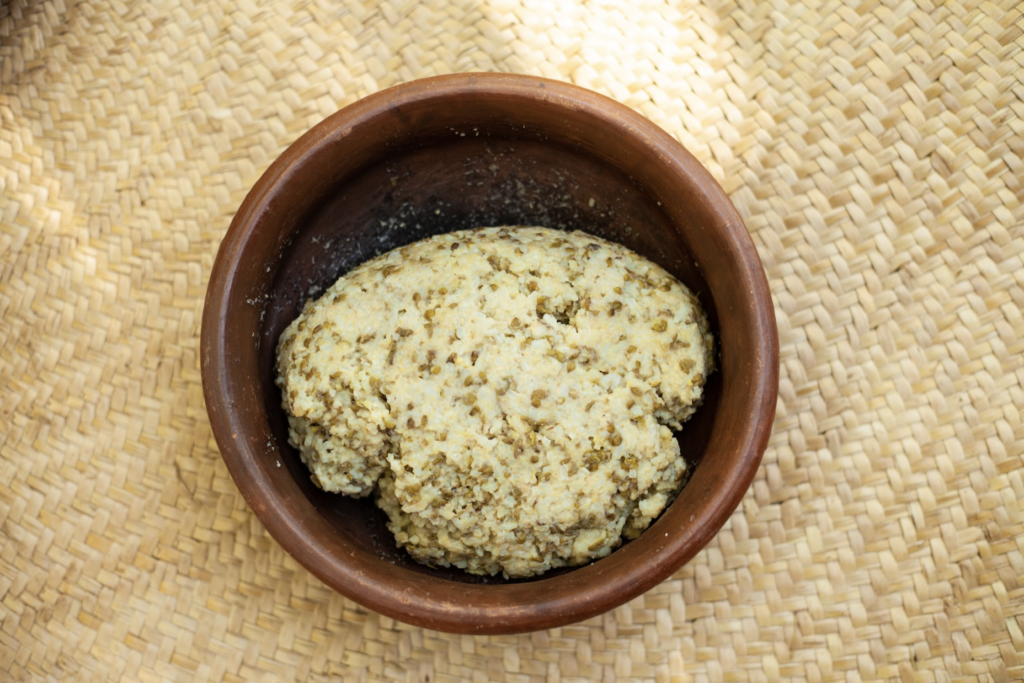
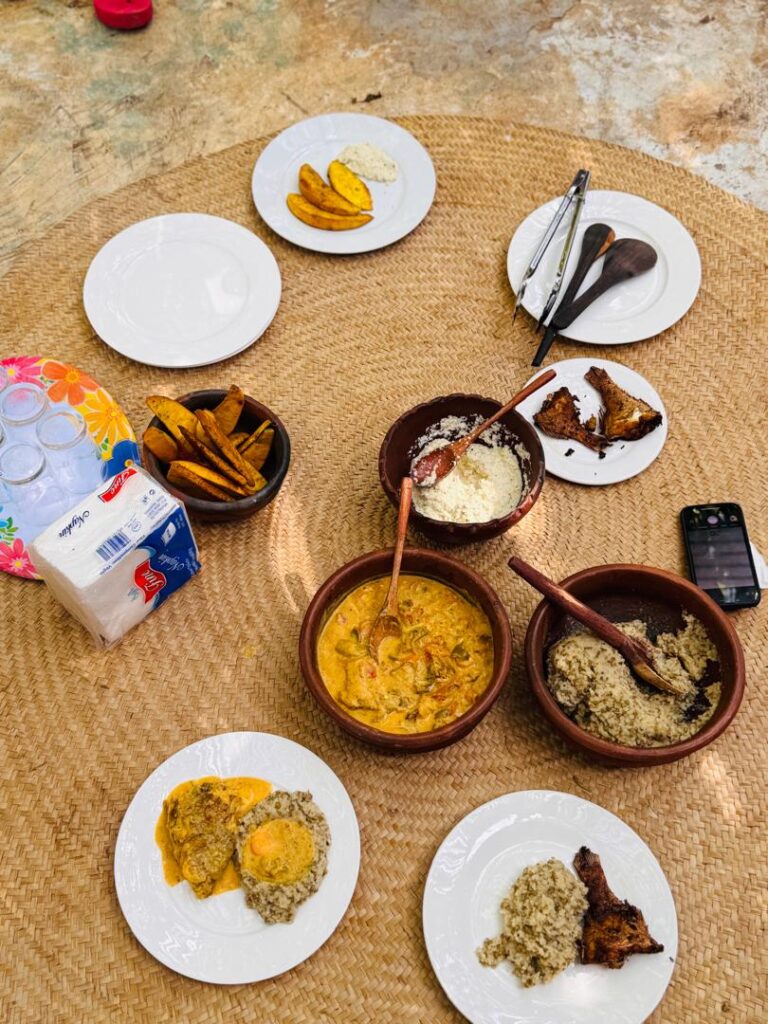
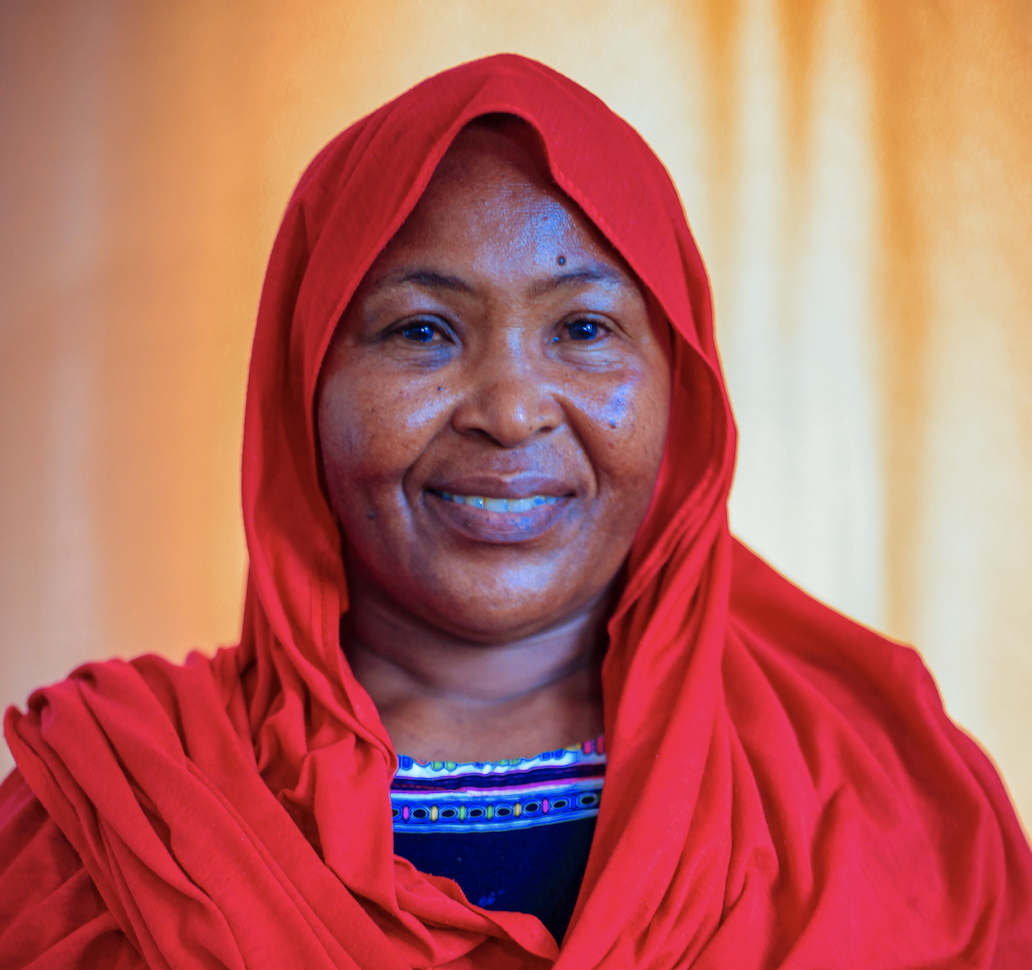
Asia Hoti
Origin: Manyara
Traditional foods: Millet meal, dried vegetables
A mother of three from the Rangi tribe, Asia Hoti channels her heritage into her food.
Known for her mastery in making rolled pancakes (chapati), she produces up to 100 daily. Traditional Rangi dishes like dried sweet potatoes (makopa ya viazi) and millet meals feature prominently in her repertoire. Unique rituals surround their meals—such as evaluating leftover food during family introductions to signify satisfaction. Asia’s cooking connects her family’s past with the present.
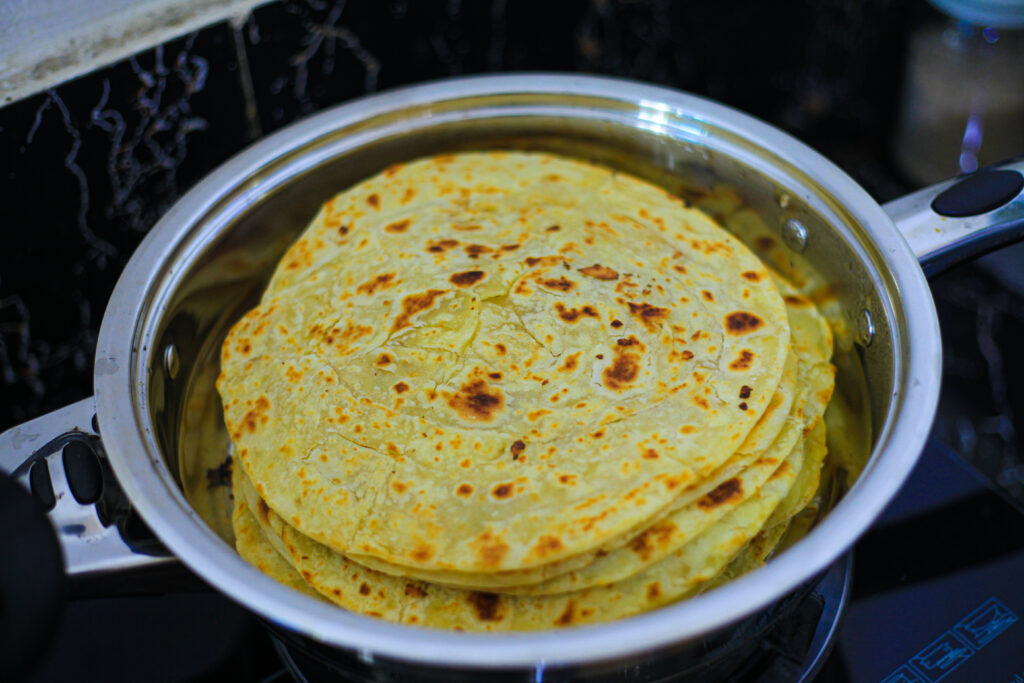
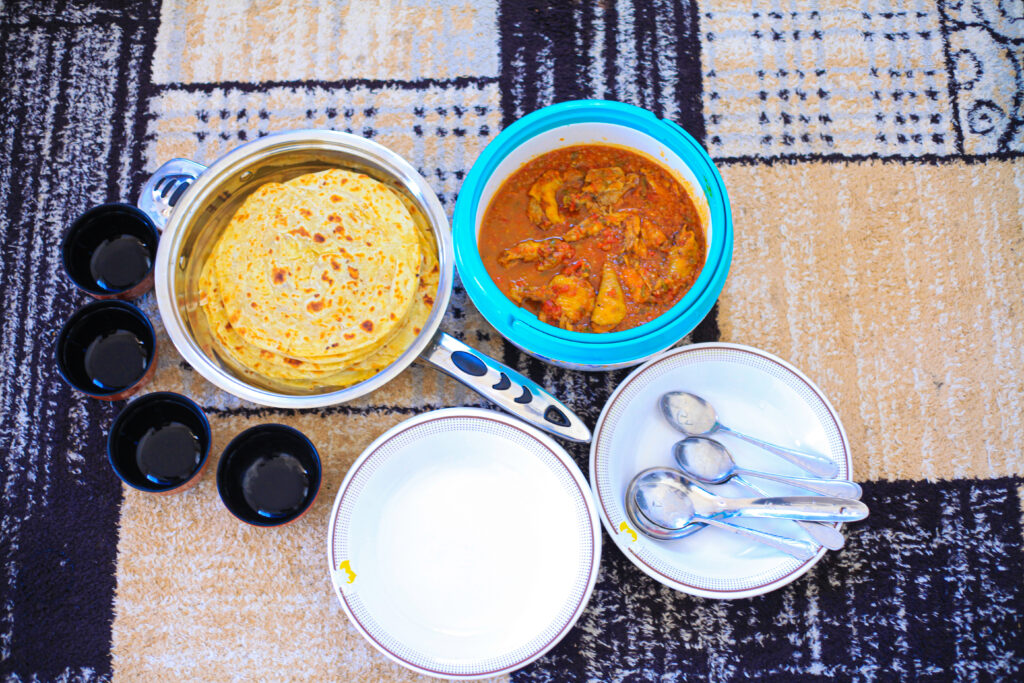
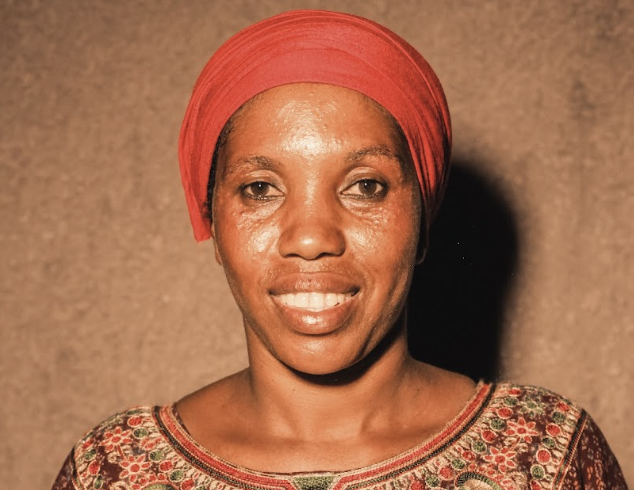
Rehema Fami
Origin: Bagamoyo
Traditional foods Rice ugali, shark stew, okra
Rehema’s culinary passion sustains her community near a college hostel, where she serves affordable, healthy meals.
Her offerings include traditional coastal dishes like ugali wa wali (rice ugali) and chukuchuku (oil-free stews). Shark stew and unique desserts such as puli (fried puffed dough balls) are rare treats. For Rehema, these foods evoke cherished memories and keep coastal culinary traditions alive.
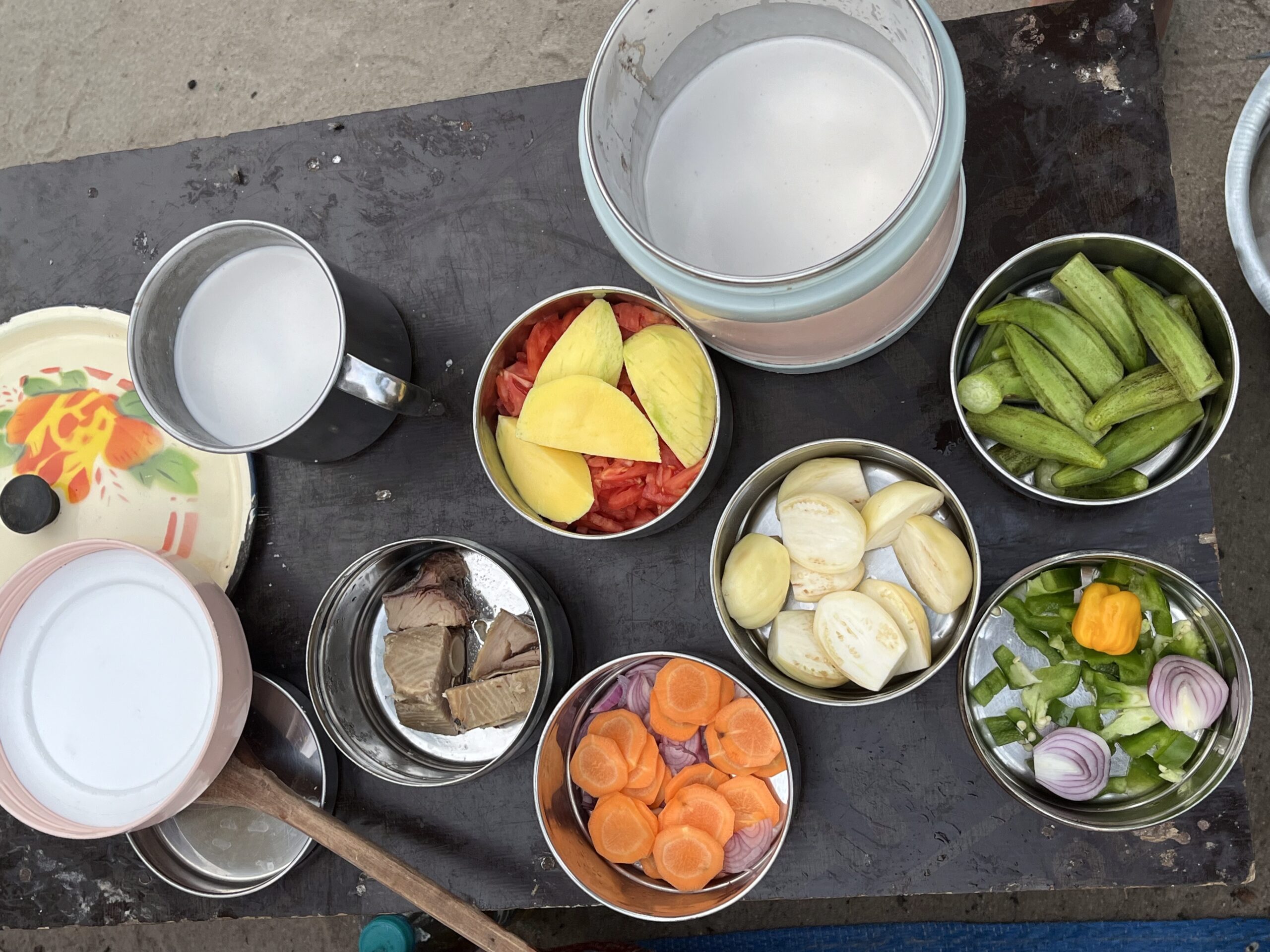
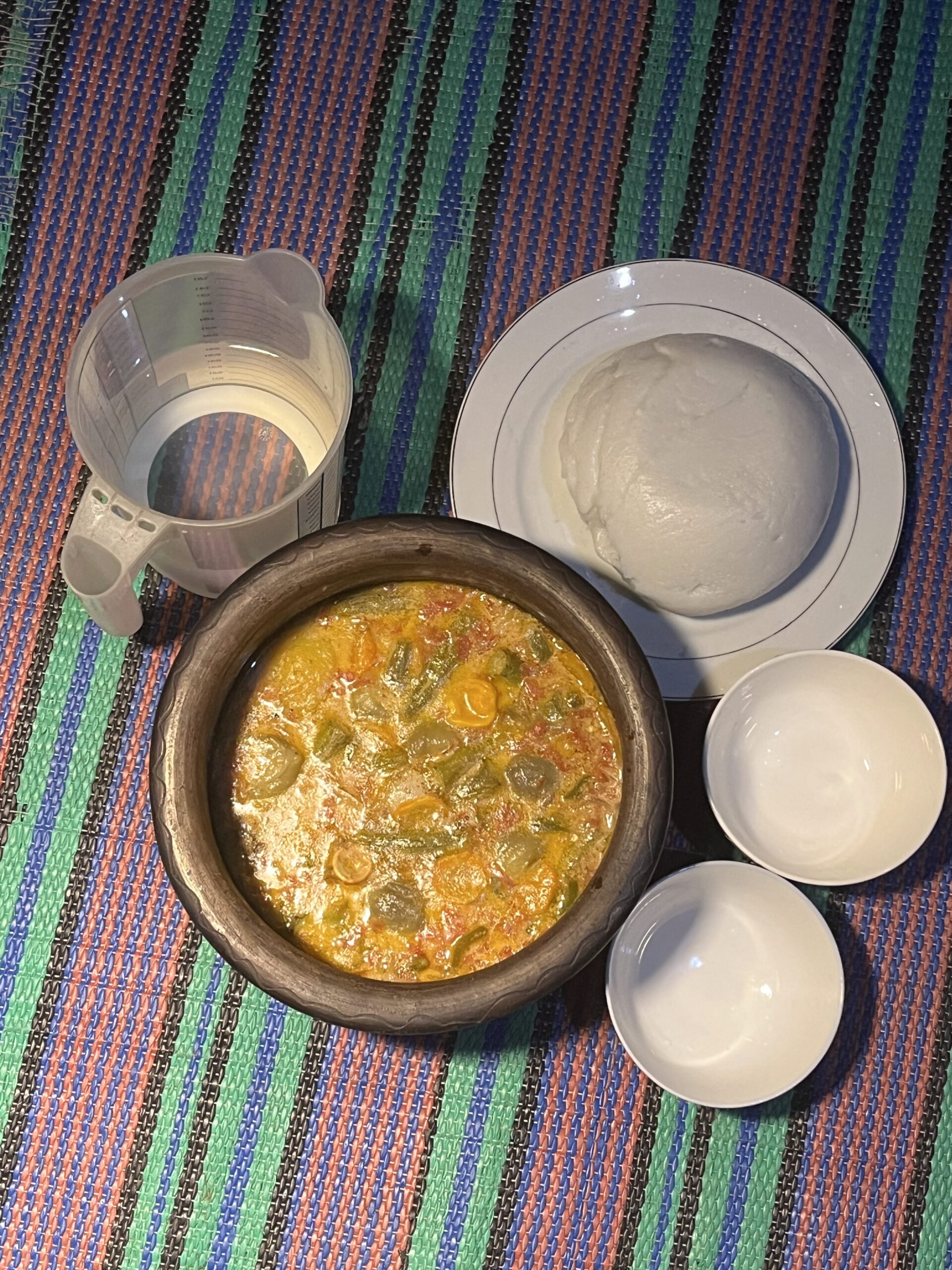

Siwema Haji
Origin: Tumbatu, Unguja
Traditional foods Coconut rice, oil-free stews, sweet dumplings (vipopoo/matobosha)
Siwema’s upbringing on the islands is reflected in her devotion to coconut-based recipes.
From using grated coconut for cream and milk to crafting fire-starters from coconut husks, every part of the coconut tree finds purpose in her home. Staple dishes include coconut rice and oil-free stews, reflecting a deep respect for resourcefulness and sustainability. Siwema’s skills shine in desserts, showcased with flair in this chapter.
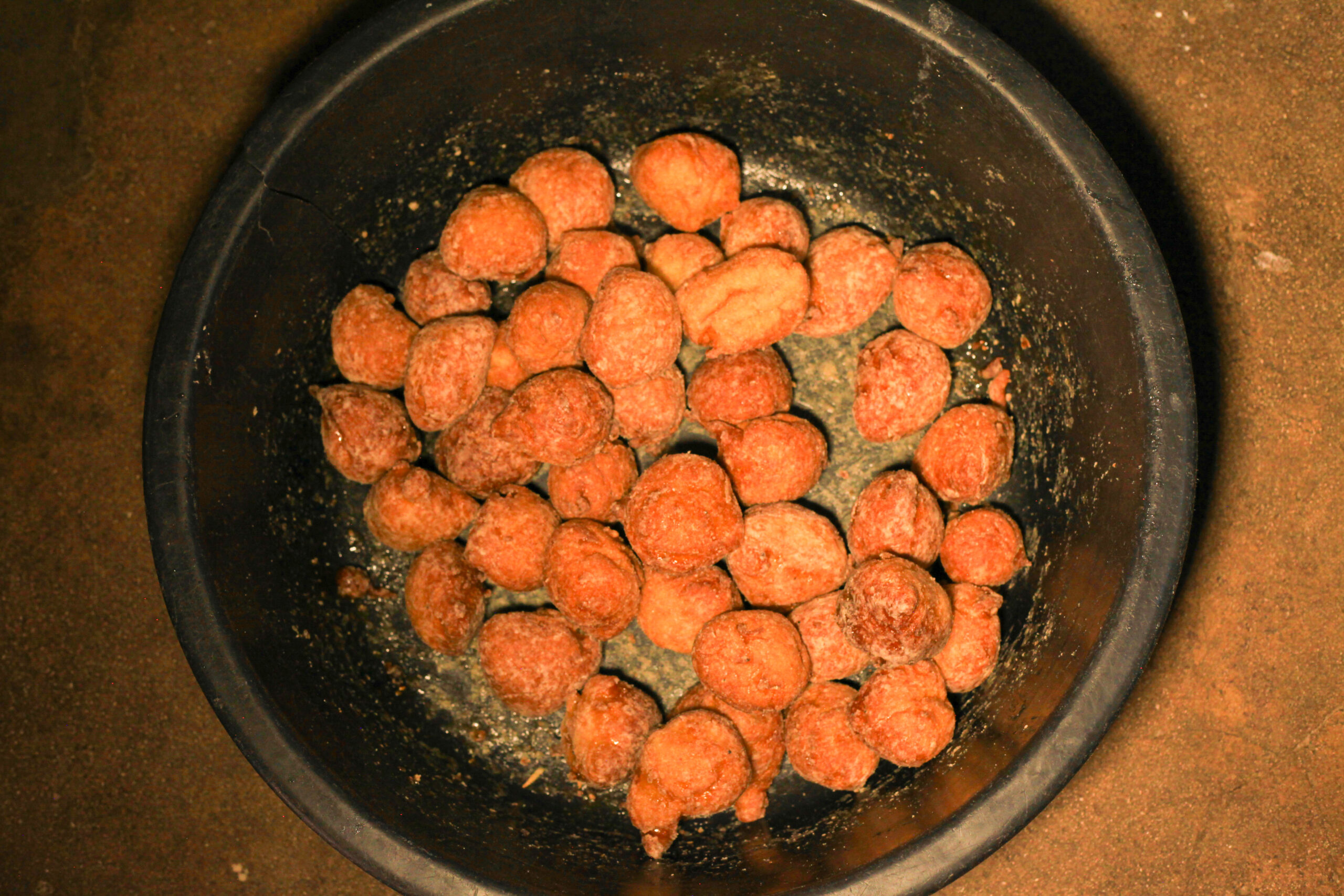
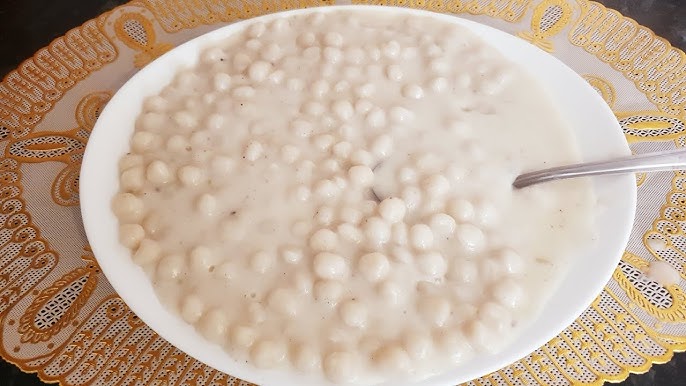

Mary Mollel
Origin: Maasai from Arusha
Traditional foods: Loshoro, kitaroro, mursik, meat, milk, and honey
As a proud Maasai, Mary celebrates the tribe’s connection to livestock and nature.
While Maasai cuisine often includes meat, milk, and blood, Mary is not a meat lover. Her recipes focus on grains like millet and sorghum, along with honey and milk. She cherishes the unprocessed nature of Maasai foods, which she believes protect against disease. For Mary, food embodies blessings and gratitude—a belief echoed in the tribe’s ethos of avoiding food waste.
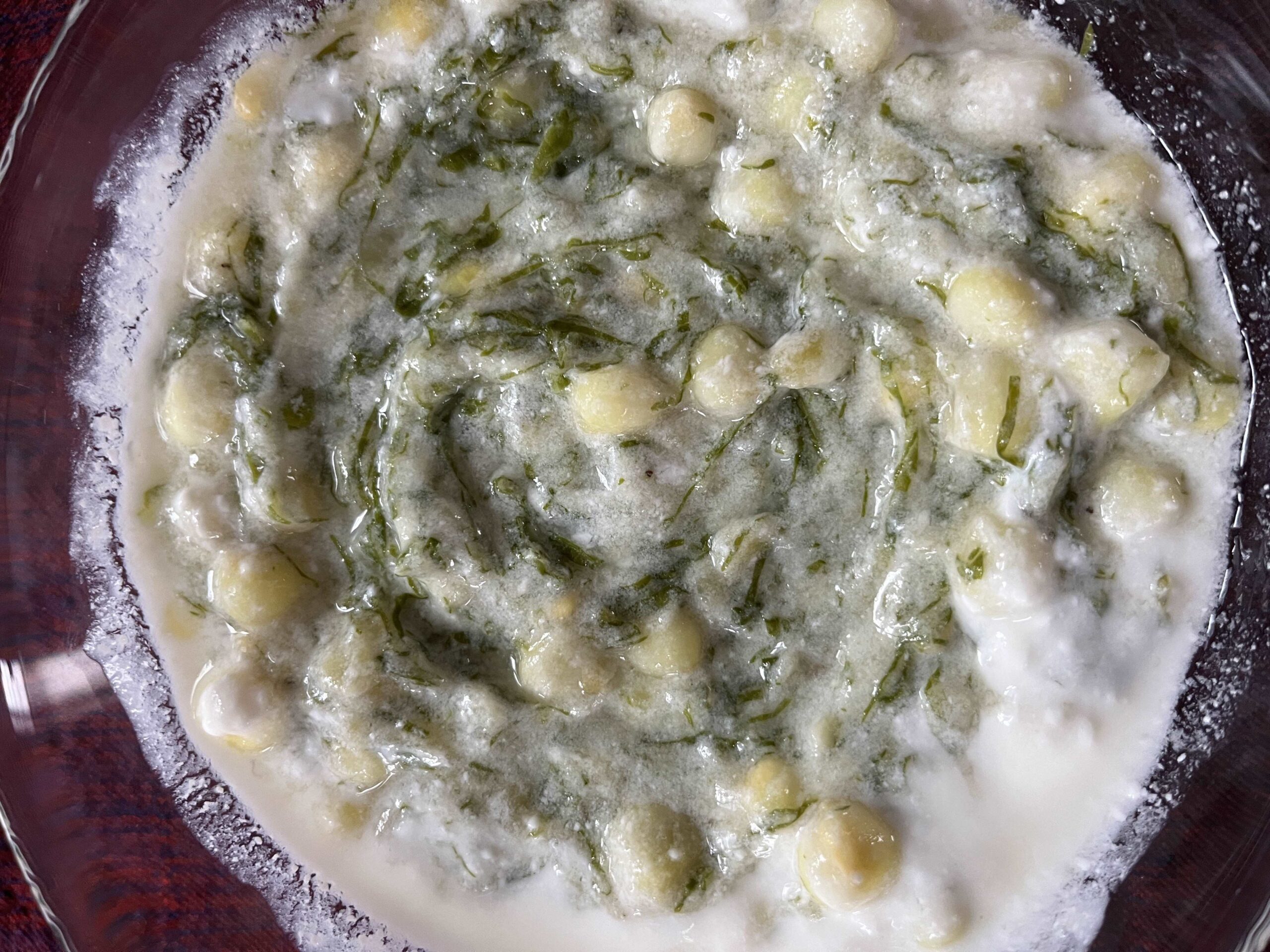
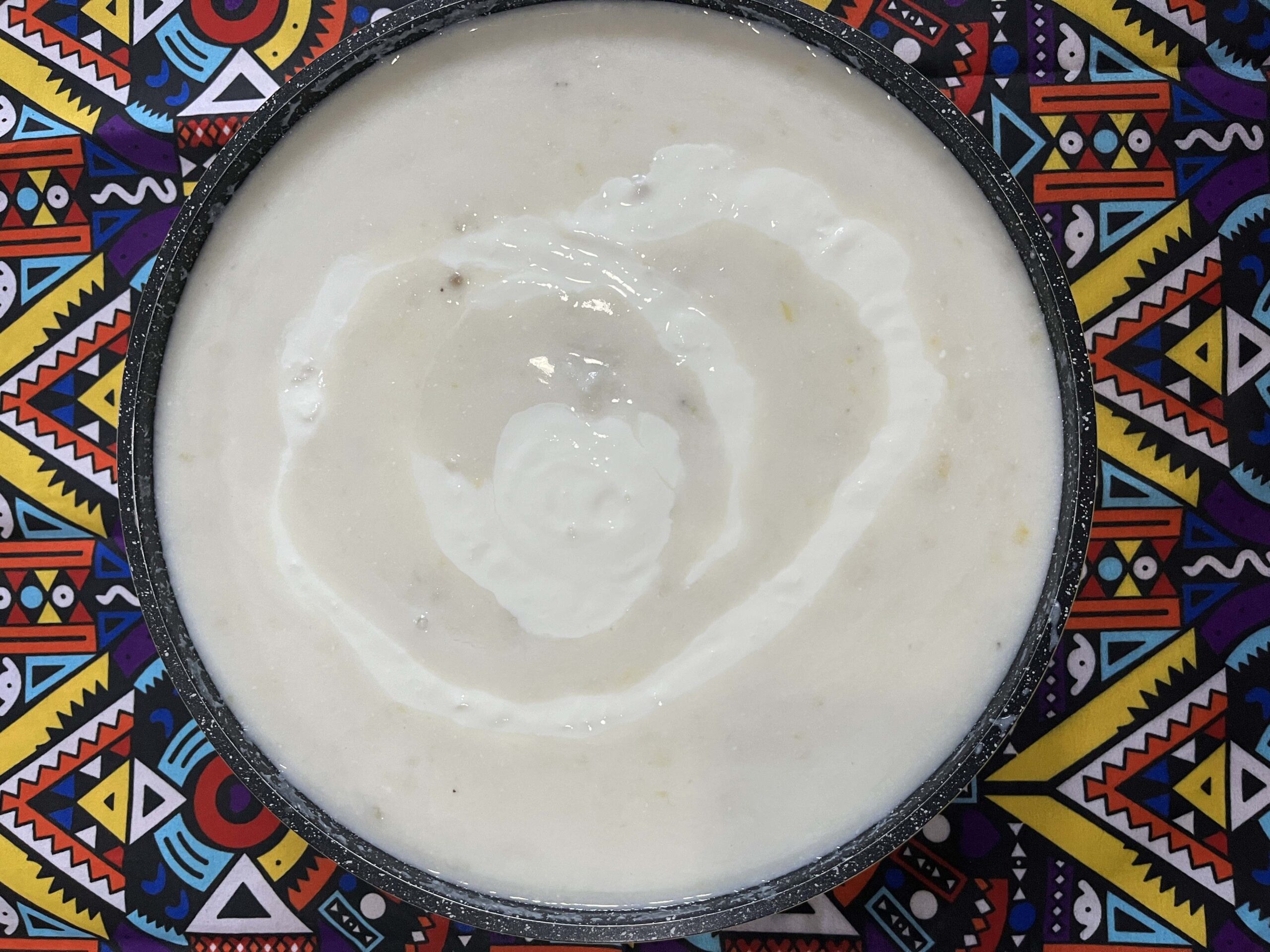

Febiana Mwakalikamo
Origin: Kyela, Mbeya
Traditional foods: Boiled arrowroots, Mashed sweet potatoes and beans with Sour Milk (Kifuge), Kisyesye (maize bread)
In Kyela’s fertile lands, Febiana’s childhood revolved around farm-fresh produce.
Arrowroots and Kisyesye, a unique maize bread, were staples in her home. Her signature dish, Kifuge, blends mashed sweet potatoes and beans with sour milk, creating a hearty meal steeped in her Mbeya heritage. Febiana’s dedication to traditional farming and cooking practices underscores the deep connection between food and identity, celebrating the simplicity and richness of life in Kyela.
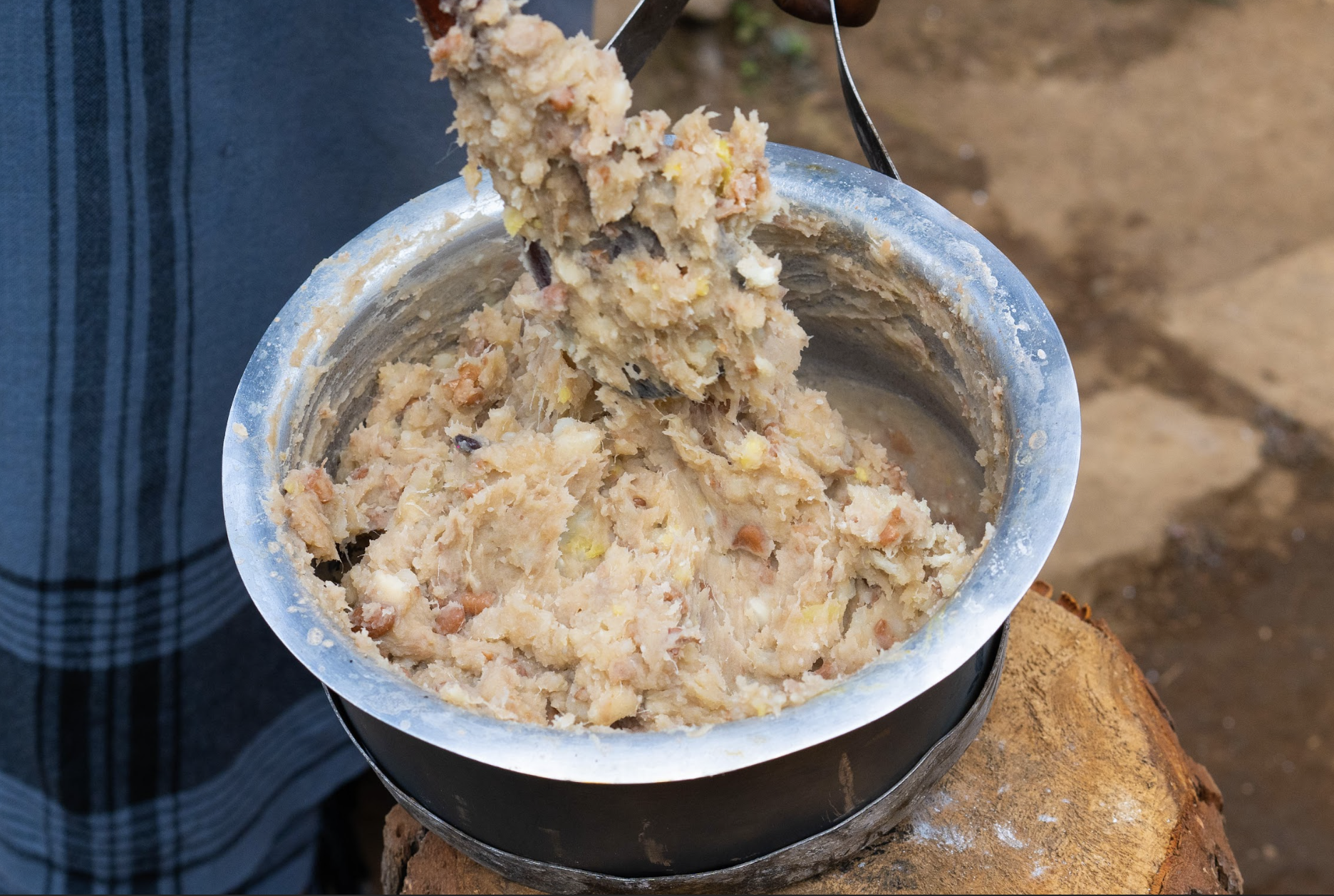
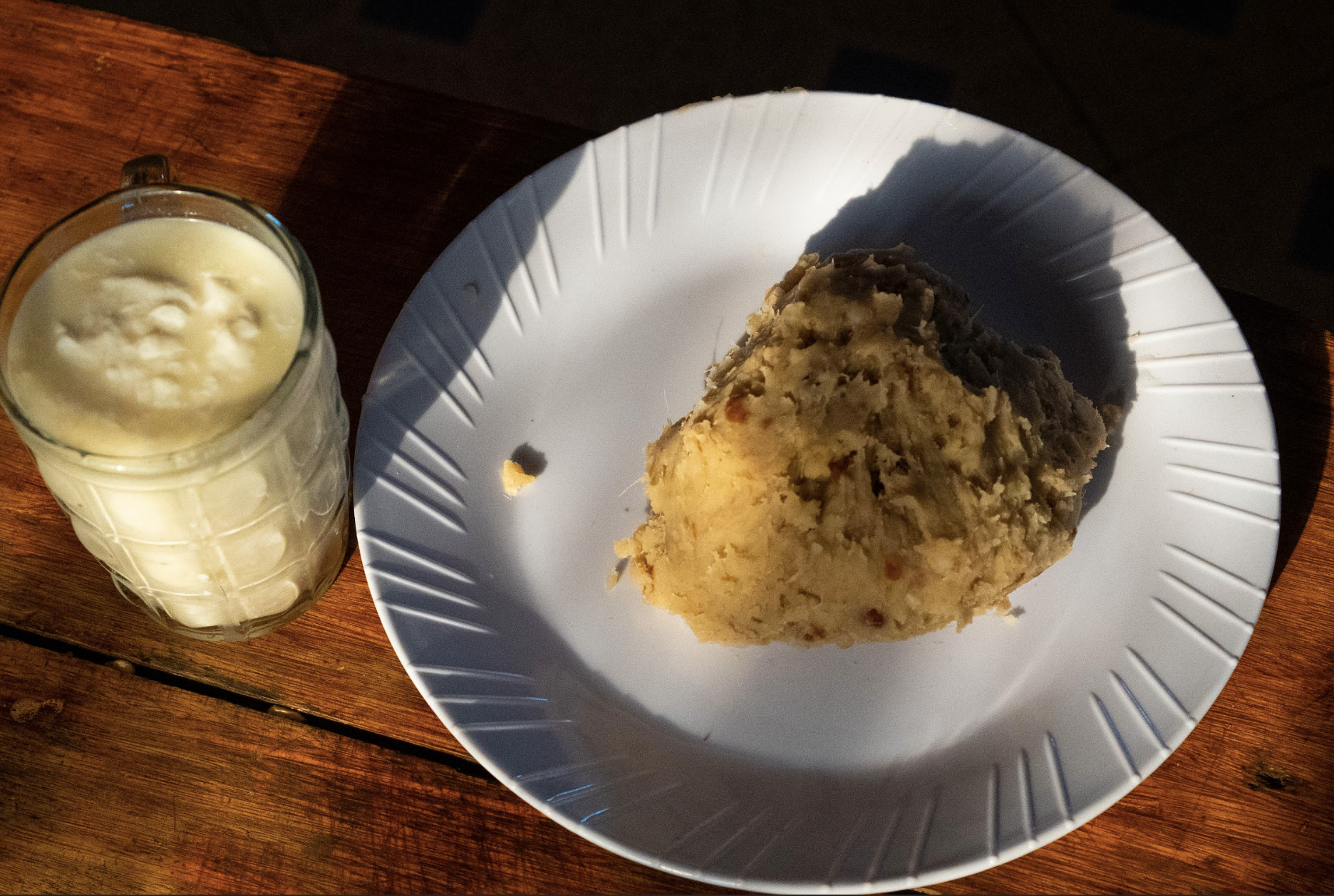
From the hands of Wapishi, whose passion brings Swahili flavors to life, we invite you to explore the roots of these traditions in Chapter I: Shamba, where it all begins.
Then, join us in Chapter III: Jikoni, as we step into the kitchen to discover the step-by-step art of crafting Swahili dishes that celebrate our rich culinary heritage
